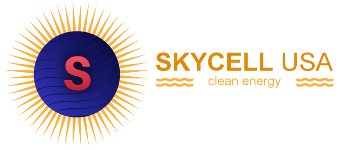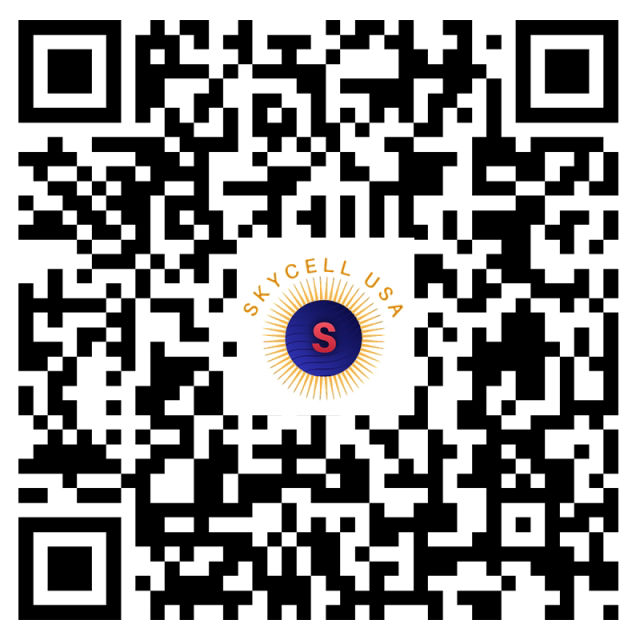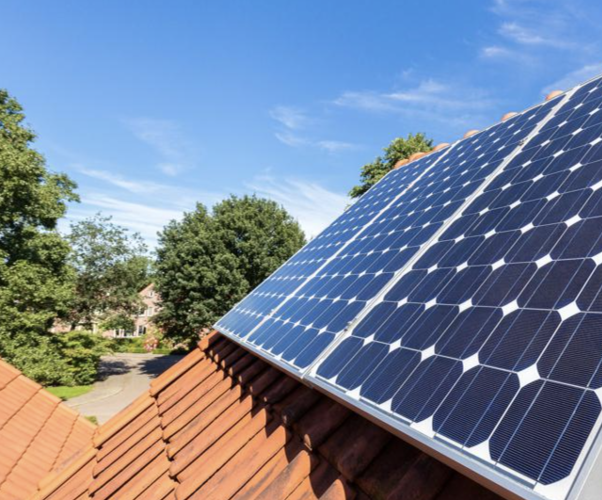Hybrid Solar Systems produce power the same way as a conventional grid-tied solar system, but they utilize special hybrid batteries and inverters to store energy for later use. Since they can store solar energy, hybrid systems can function as a power backup too.
When looking for solar system solutions, most customers prefer to be completely disconnected from the grid. However, remaining connected to the grid power and investing in a sound battery backup system always comes with a lot of benefits, including backup power and selling extra electricity back to utility companies.
Intriguing, isn’t it? In this blog, we will discuss what a hybrid solar power system is and the components and benefits of installing hybrid systems. Then, read through to determine if installing a hybrid solar system for home is the right choice for your electricity needs.
What is a hybrid solar system?
The energy generated from solar panels can’t be used directly. Instead, it needs to be converted to power your home through different means. You can choose to remain connected to the grid, go completely off-grid or opt for a hybrid solar power system.
Hybrid solar systems are solar power system that utilizes solar panels, a hybrid inverter, and a hybrid battery bank. The solar panels convert solar energy into usable electricity while the batteries store the generated electrical power for later use.
A hybrid solar system includes good features of on-grid and off-grid solar systems, excluding their shortcomings, allowing users to continue running on solar energy even when the grid goes dark. In addition, it is connected to the grid via net metering and will enable you to continue using electricity without disruptions, even during peak-hour power cuts.
When solar panels are connected to the grid’s power lines and a battery is used to store excess power produced, the system is referred to as a hybrid. The energy absorbed by solar panels goes through an inverter to convert it into usable electricity. From there, electricity is consumed by your home, goes to your battery for storage, or is supplied back to the grid.
Components In Hybrid Solar System
A hybrid solar power system has four elements, solar panels that convert solar energy into DC usable electricity, a hybrid battery that converts DC to AC voltage and regulates the voltage, a Direct Current Delivery Box (DCDB) that connects multiple solar panel wire together and a solar charge controller that controls the quantity of power going inside the battery while enhancing the battery life.
How does a hybrid solar system work?
A hybrid solar energy system uses solar photovoltaic panels to generate clean energy for your home. It can maximize power production by switching between solar, battery storage, and grid power. It allows you to avoid dependence on grid power, allowing you to save on your electricity bills. When there is a power outage or storm, the hybrid system seamlessly kicks in, powering all your electrical appliances throughout.
Benefits of Using Hybrid Solar Systems
A hybrid solar system is an optimal solution for those who prioritize the ability to maintain their home’s functionality during power outages or for individuals whose utility provider has implemented time-based tariffs, peak demand surcharges, or lacks a net metering program, wherein compensation is provided for surplus energy returned to the grid.
- Cost – Effectiveness – A hybrid system offers the added advantage of securing favorable energy rates for the foreseeable future, thereby insulating one from any sudden rate increases. Furthermore, the system permits the strategic management of time-of-use electricity rates to achieve optimal savings on one’s electricity bill.
- Uninterrupted Power – The most compelling reason to invest in a hybrid system is that it allows you to afford the luxury of continuous power, even amidst grid failures, through the utilization of inverter battery reserve. In addition, it saves you from problems like appliance failures or voltage fluctuations resulting from power outages.
- Flexibility, Scalability, and Sustainability – Hybrid solar systems are engineered to meet current energy needs and accommodate future expansion and scalability. Moreover, it is an eco-friendly choice for individuals looking to lower their carbon footprint.
Conclusion
In conclusion, investing in a hybrid solar system is a wise decision for homeowners seeking to reduce their electricity costs and ensure the continuity of power supply during power outages. You must find a reputable and qualified solar panel provider before embarking on this endeavor to ensure your system’s optimal performance and longevity. The benefits of investing in a hybrid solar system are numerous, and it is an investment that will pay you dividends for years to come.
If you have any inquiries pertaining to hybrid solar energy systems at your residence or commercial establishment, our specialist team would be delighted to assist you in comprehending which solar energy solution would be worth the investment. So get in touch with us right away!

 Scan the QR code or Click
Scan the QR code or Click 
Recent Comments